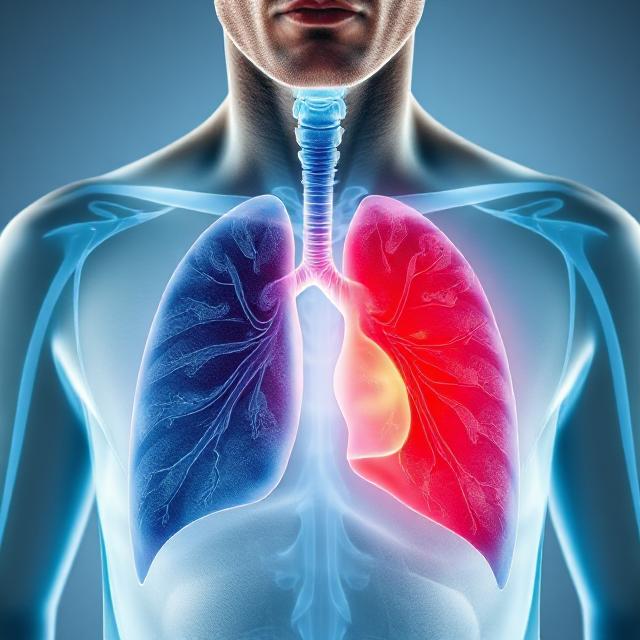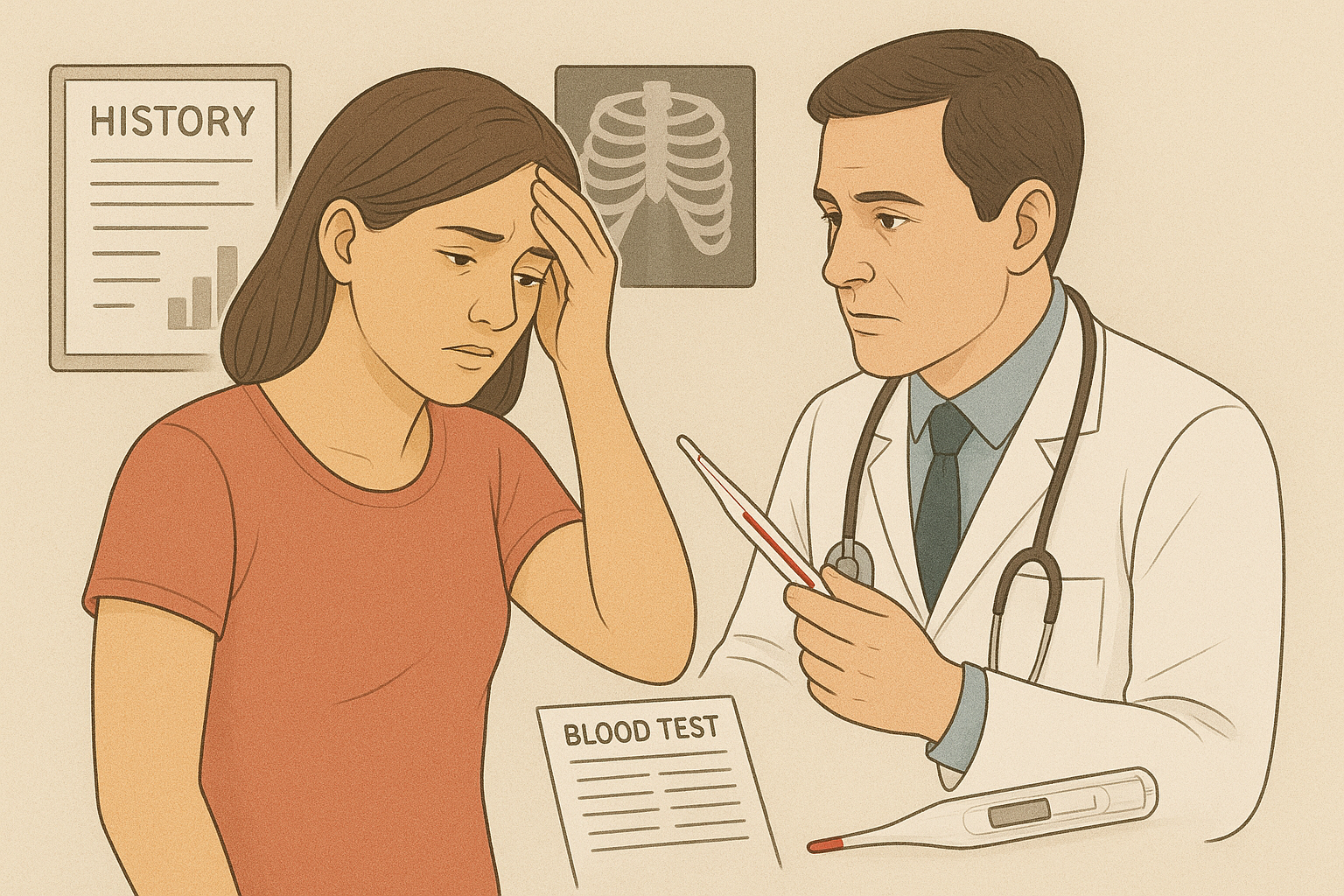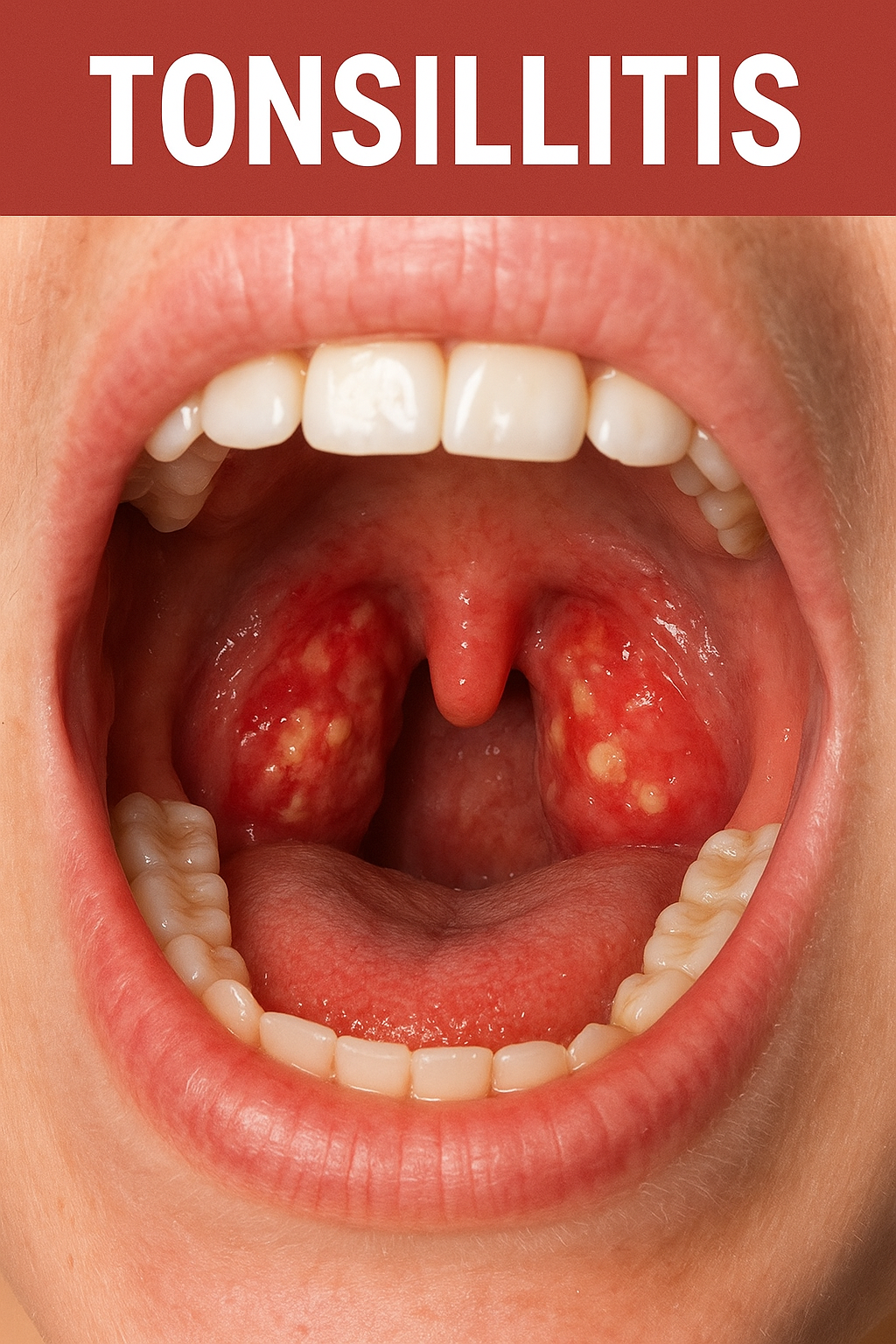Acute hepatitis refers to a sudden inflammation of the liver that typically lasts less than six months. It can result from viral infections, toxins, medications, or autoimmune diseases. The liver is a vital organ responsible for detoxification, digestion, and metabolism, so any damage can have serious health consequences.
In this blog, we’ll explore the types, causes, symptoms, diagnosis, treatment, and prevention of acute hepatitis — especially important in countries like Pakistan where viral hepatitis is common.
What is Acute Hepatitis?
Acute hepatitis is the short-term inflammation of the liver that develops rapidly and usually resolves within a few weeks to months. It may range from mild illness with minimal symptoms to a severe and life-threatening condition.
Types of Acute Hepatitis
Acute hepatitis is primarily classified into the following types:
1. Viral Hepatitis
- Hepatitis A (HAV): Transmitted via contaminated food or water.
- Hepatitis B (HBV): Spread through blood, sexual contact, or from mother to child.
- Hepatitis C (HCV): Mostly transmitted via blood (e.g., unsafe injections).
- Hepatitis D (HDV): Requires HBV for infection; more severe.
- Hepatitis E (HEV): Common in areas with poor sanitation.
2. Toxic Hepatitis
- Caused by overuse or reaction to medications (e.g., paracetamol overdose) or exposure to toxins.
3. Autoimmune Hepatitis
- The immune system mistakenly attacks liver cells, causing inflammation.
Common Symptoms of Acute Hepatitis
Symptoms can vary depending on the type and severity. Common signs include:
- Fatigue and weakness
- Loss of appetite
- Nausea and vomiting
- Abdominal pain (especially right upper quadrant)
- Fever and joint pain
- Yellowing of skin and eyes (jaundice)
- Dark urine and pale stools
- Itchy skin
Some people, especially children, may have no symptoms at all.
How is Acute Hepatitis Diagnosed?
Diagnosis involves a combination of:
- Medical history & physical exam
- Blood tests: Liver function tests (LFTs), viral hepatitis markers
- Imaging: Ultrasound to check liver size and condition
- Liver biopsy (in some cases): To determine the cause or severity
Treatment of Acute Hepatitis
There is no one-size-fits-all treatment. It depends on the underlying cause:
✔️ For Viral Hepatitis A and E
- Supportive care (fluids, rest, good nutrition)
- Usually self-limiting and resolves without medication
✔️ For Hepatitis B and C
- Antiviral medications in select cases
- Monitoring for chronic infection
✔️ For Toxic Hepatitis
- Immediate discontinuation of the harmful substance
- Antidotes like N-acetylcysteine for drug-induced hepatitis
✔️ For Autoimmune Hepatitis
- Corticosteroids and immunosuppressants
Hospitalization may be required for severe cases or acute liver failure.
Complications of Acute Hepatitis
If not treated properly, acute hepatitis can lead to:
- Fulminant hepatic failure (sudden liver failure)
- Chronic hepatitis (especially B and C)
- Cirrhosis or liver cancer (in long-term cases)
- Death in rare and untreated severe infections
Prevention Tips for Acute Hepatitis
- Vaccinate against Hepatitis A and B
- Practice good hygiene: Hand washing and safe food practices
- Avoid contaminated water in areas with poor sanitation
- Use sterile needles and avoid sharing razors or toothbrushes
- Ensure blood transfusions are screened
- Practice safe sex
- Avoid over-the-counter medications without medical guidance
- Get regular liver function tests if at risk
Acute Hepatitis in Pakistan
In Pakistan, hepatitis A, B, C, and E are endemic. Poor sanitation, contaminated water, and lack of vaccination contribute to rising cases. Public awareness and early intervention are critical for controlling the spread.
Conclusion
Acute hepatitis is a serious yet manageable condition when detected early. Recognizing the symptoms, seeking timely medical care, and following prevention guidelines can protect you and your family. As always, vaccination and hygiene remain your best defenses.



